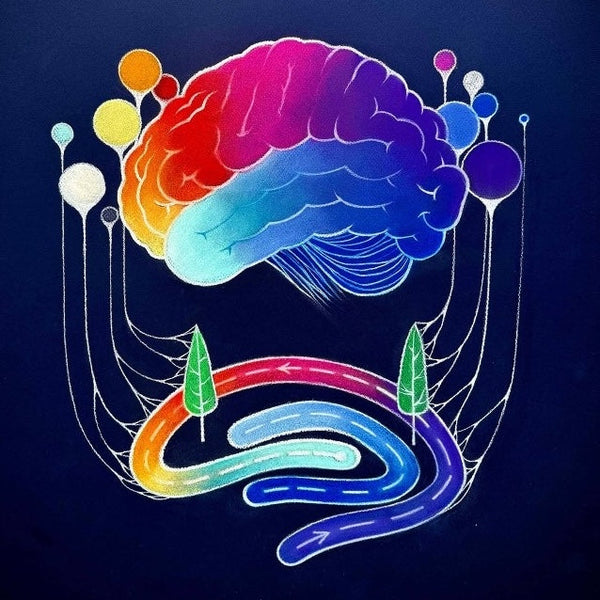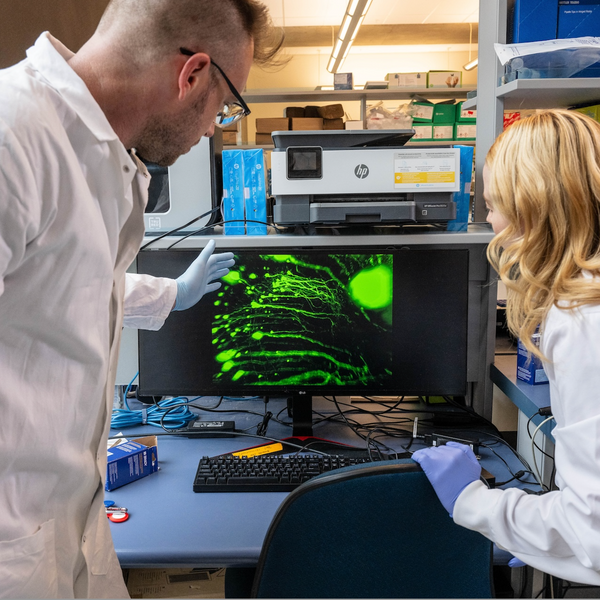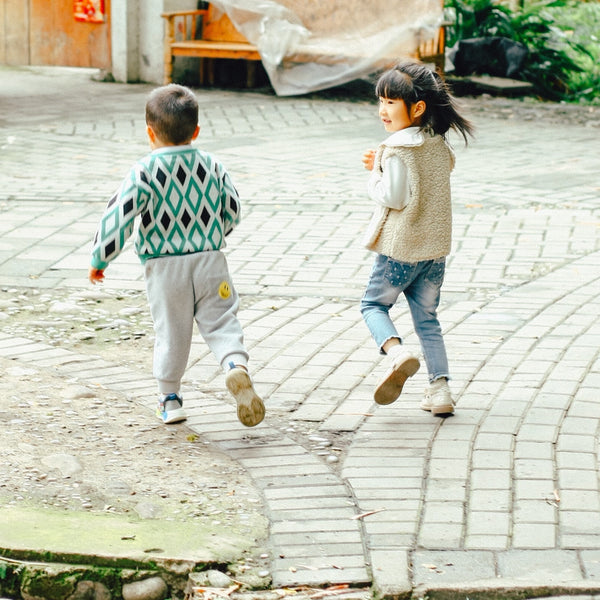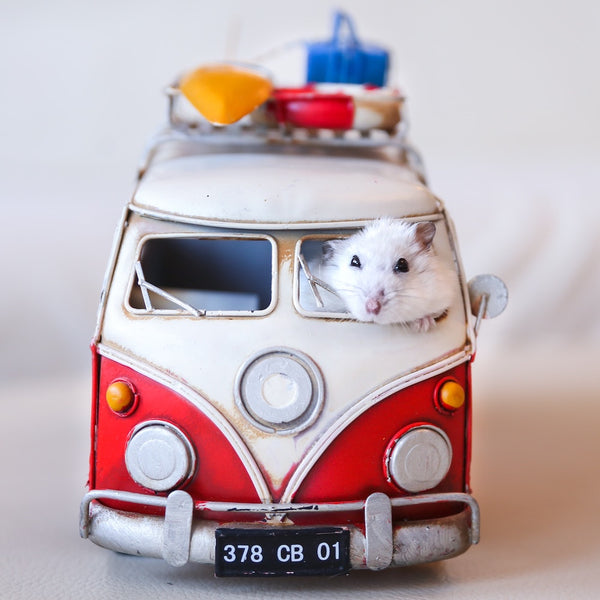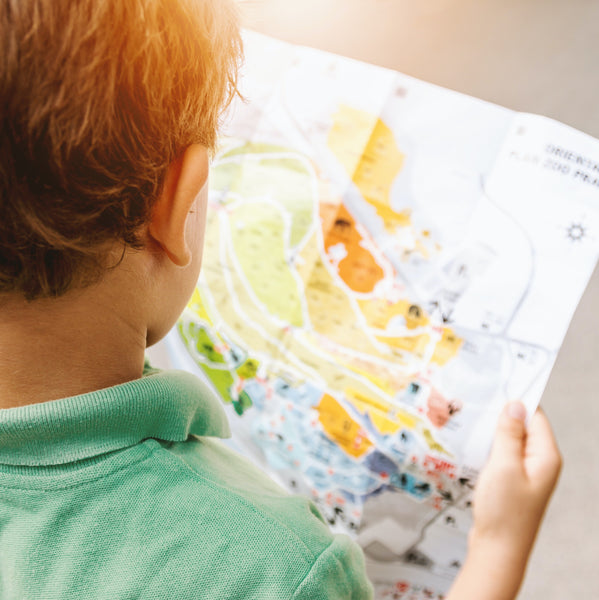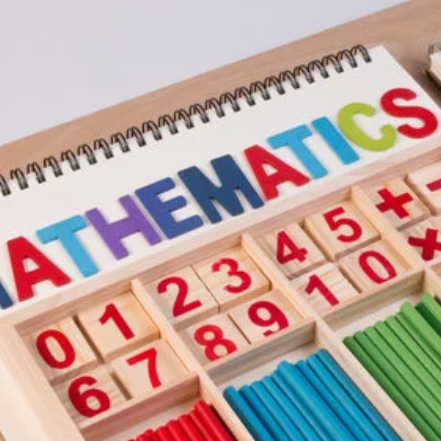Research -- StepUp to Learn
The Brain May Work Best With 7 Senses, Not Just 5
A mathematical link between memory, senses, and intelligence reveals that seven may be the magic number.
How The Brain Decides What To Remember
Discoveries using virtual reality reshape how scientists understand memory formation.
Can Coding Boost Executive Function Skills?
Researchers question how teaching computational thinking skills can help elementary students’ executive function skills.
Memories Drift Across Neurons Over Time
Map-making neurons change even when familiar settings remain exactly the same
Meet the Newly Discovered Brain Cell that Allows You to Remember Objects
A new type of brain cell that plays a central role in our ability to remember and recognize objects reshapes our understanding of how memory works.
'With a Grain of Salt': How Humans Learn From Others
Understanding how we learn from others despite our individual differences
Why Our Brains Prefer Symbols to Words
New study dives into our brain’s knack for recalling symbols and logos over their word counterparts.
How The Brain’s Internal Compass Works
New study reveals how the brain makes sense of changing environmental cues.
How The Instinct to Explore Helps The Brain Learn
How an instinct to explore helps animals learn to map their environment.
When Learning, Remembering and Recalling Don't Sync
What happens in the brain when your mind goes blank? New research identifies critical processes that determine whether we remember or forget.
Can Children Map Read at the Age of Four?
Children start to develop the basic skills that underlie map reading from the age of four – according to new research from the University of East Anglia.
Not All Preschool Math Games Are Equal
Researchers explore whether number line games based on the concept of the mental number line can improve children’s number knowledge and basic arithmetic skills.
-
Previous
- Page 1 of 5
- Next




